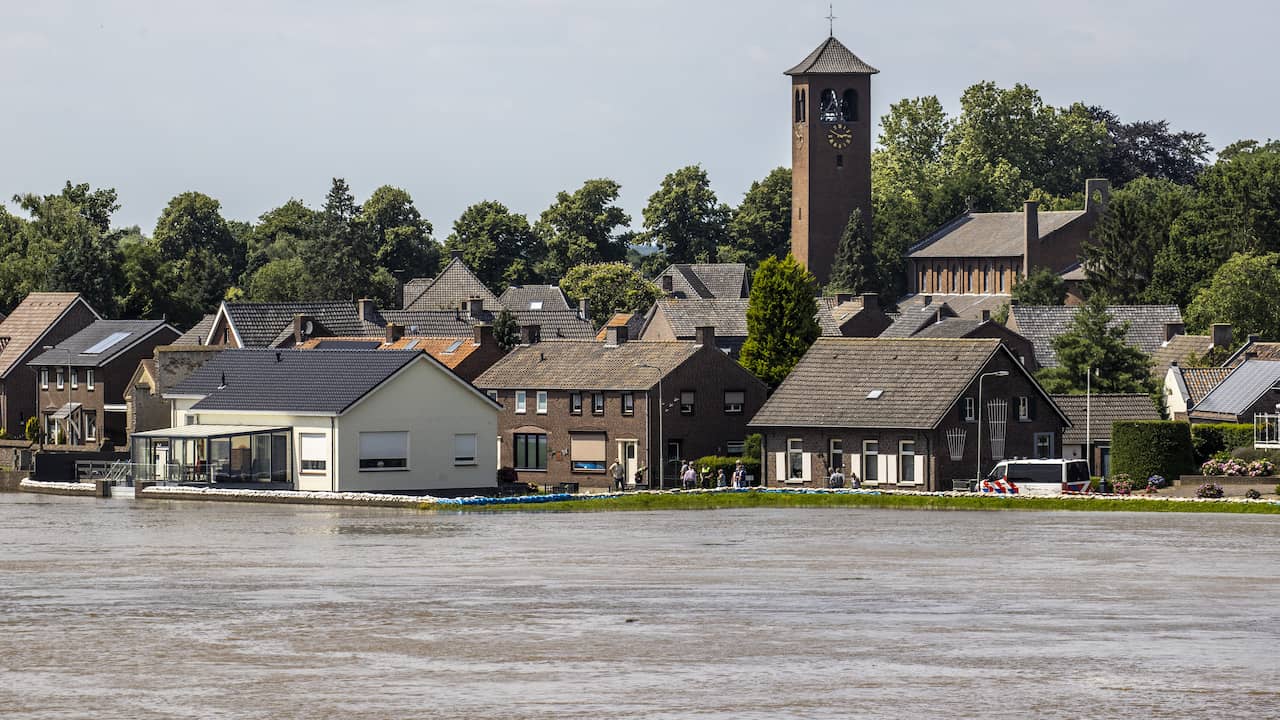The greatest risks occur during floods. Up to 3.7 million homes are at risk of damage from rising sea levels, heavy rainfall or rivers overflowing their banks. This concerns many homes because large parts of the Netherlands are low-lying and because many rivers flow through our country.
Especially in the center of the country and on the Wadden Islands, many homes can be submerged. Damage could reach 175 billion euros.
Earlier this month, the Dutch Authority for the Financial Markets (AFM) also cited the risks of climate change to the housing market. As far as financial control is concerned, homes should from now on carry a climate label, just like the current energy label. This would allow homebuyers to assess climate risks when purchasing and adjust their offers accordingly.








More Stories
GALA lacks a chapter on e-health
Weird beer can taste really good.
Planets contain much more water than previously thought